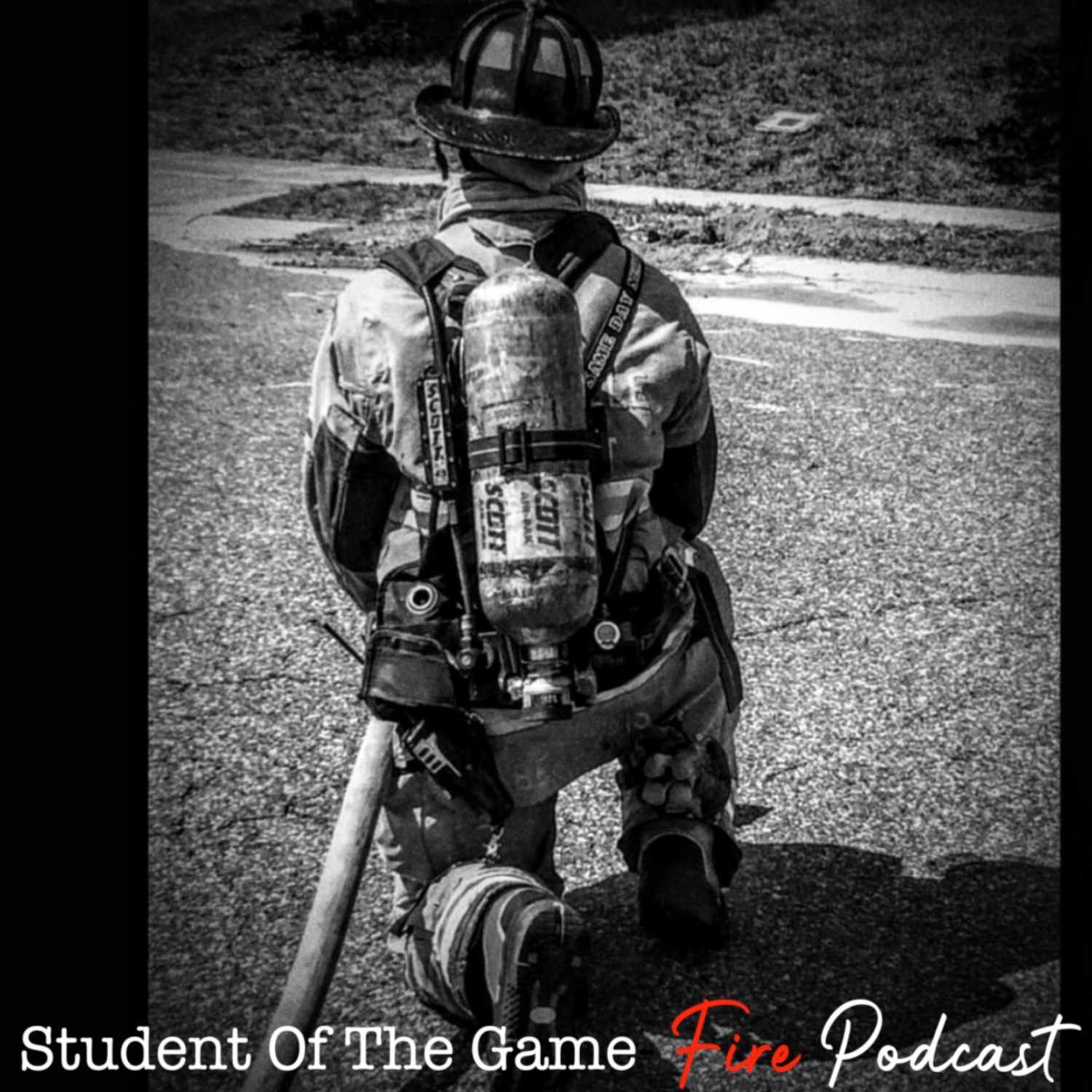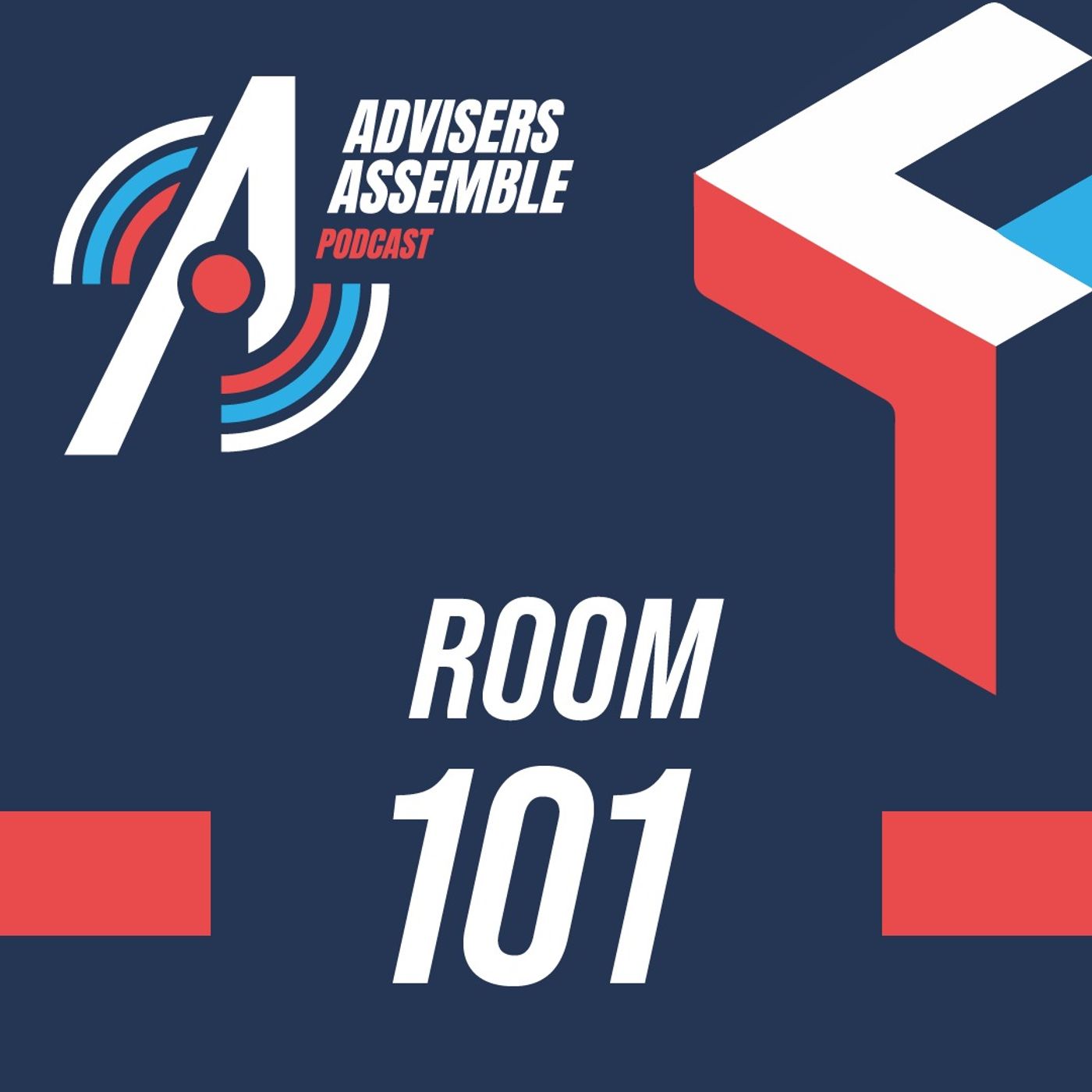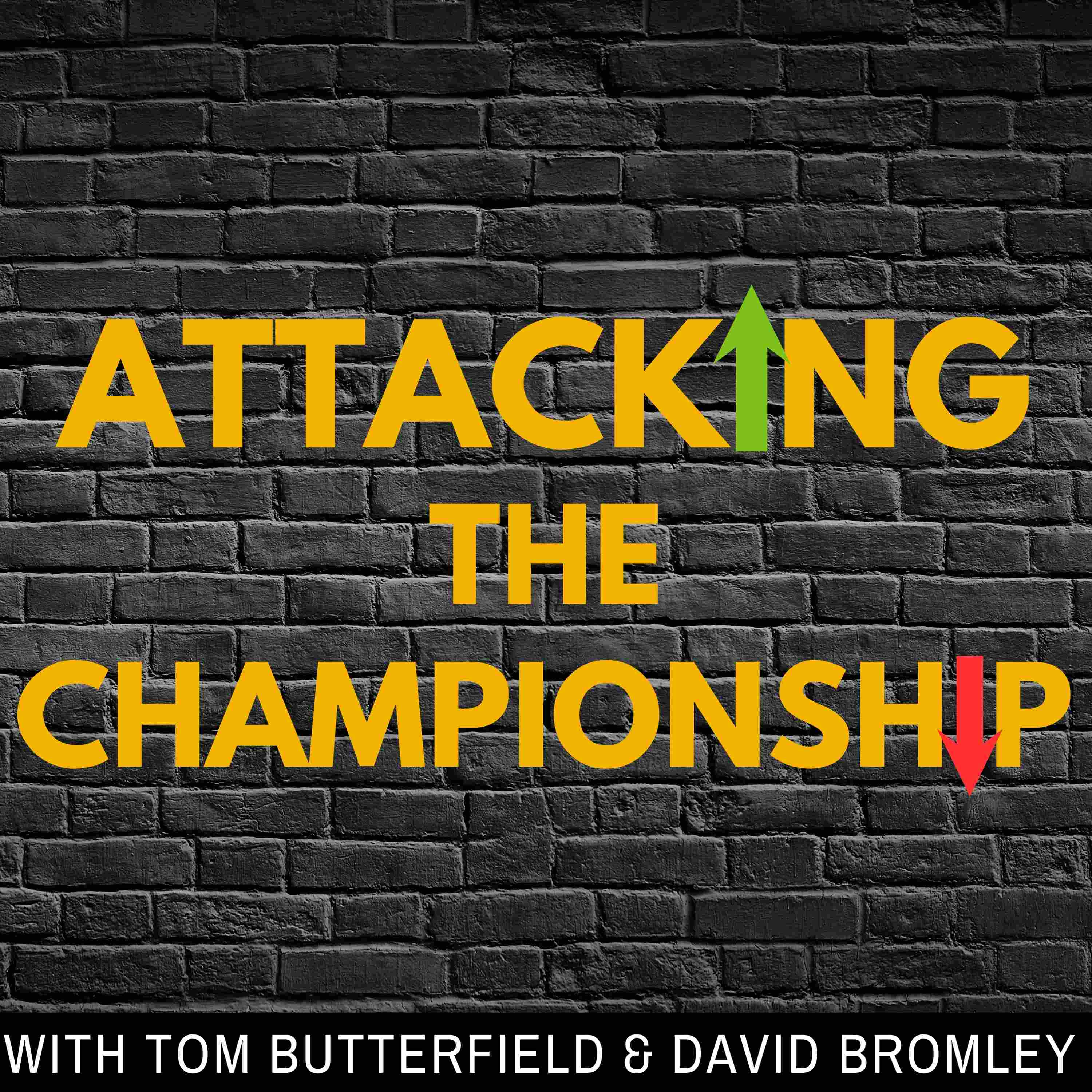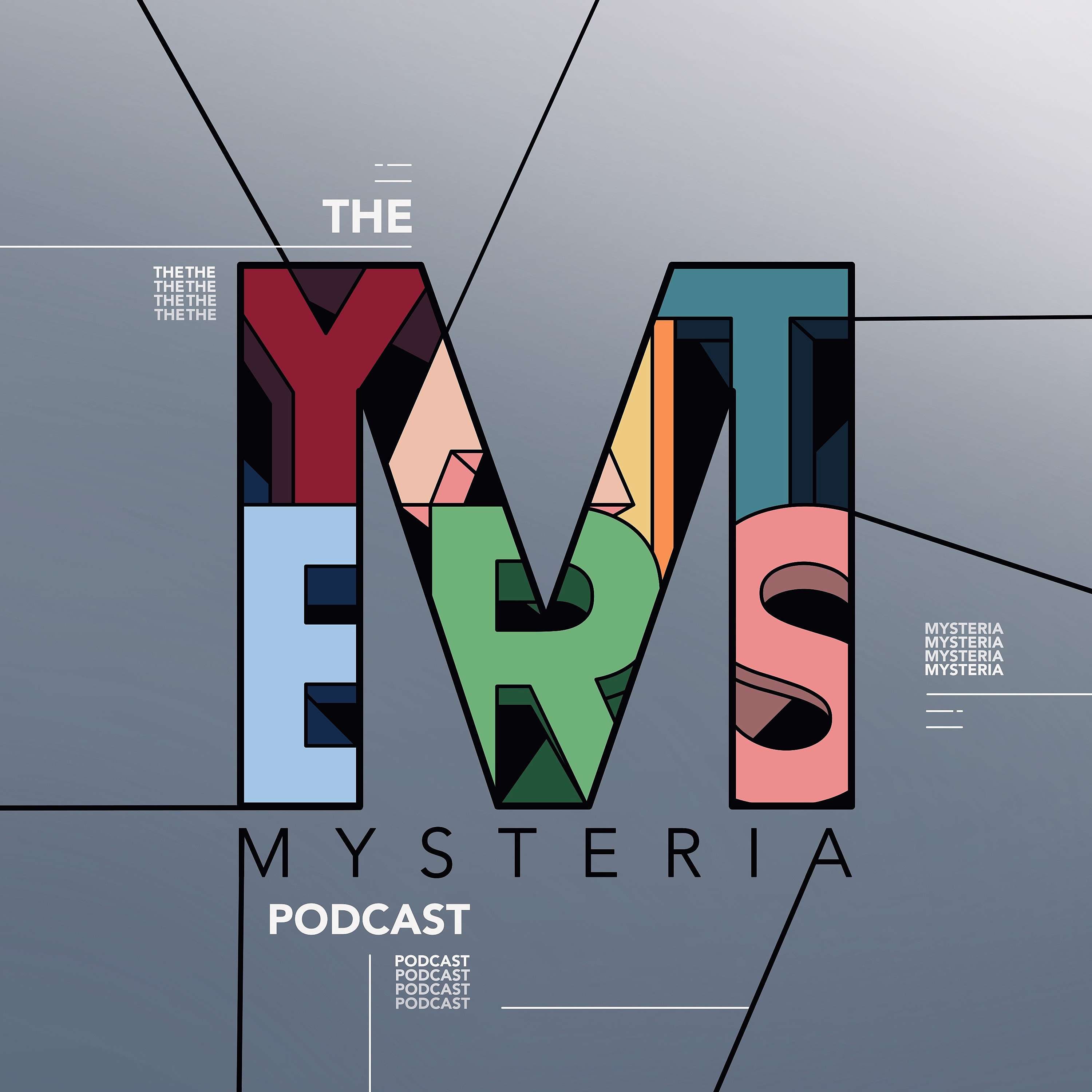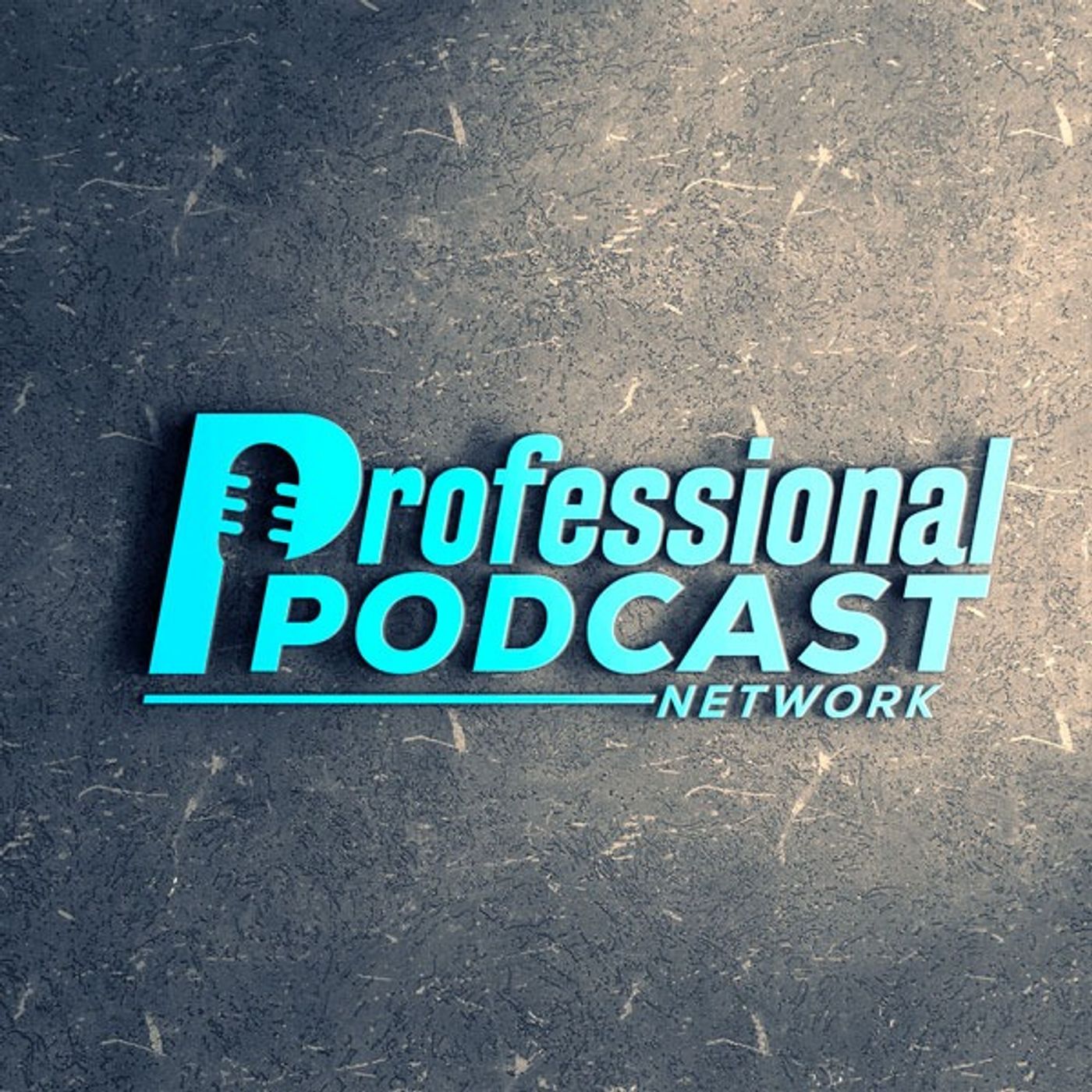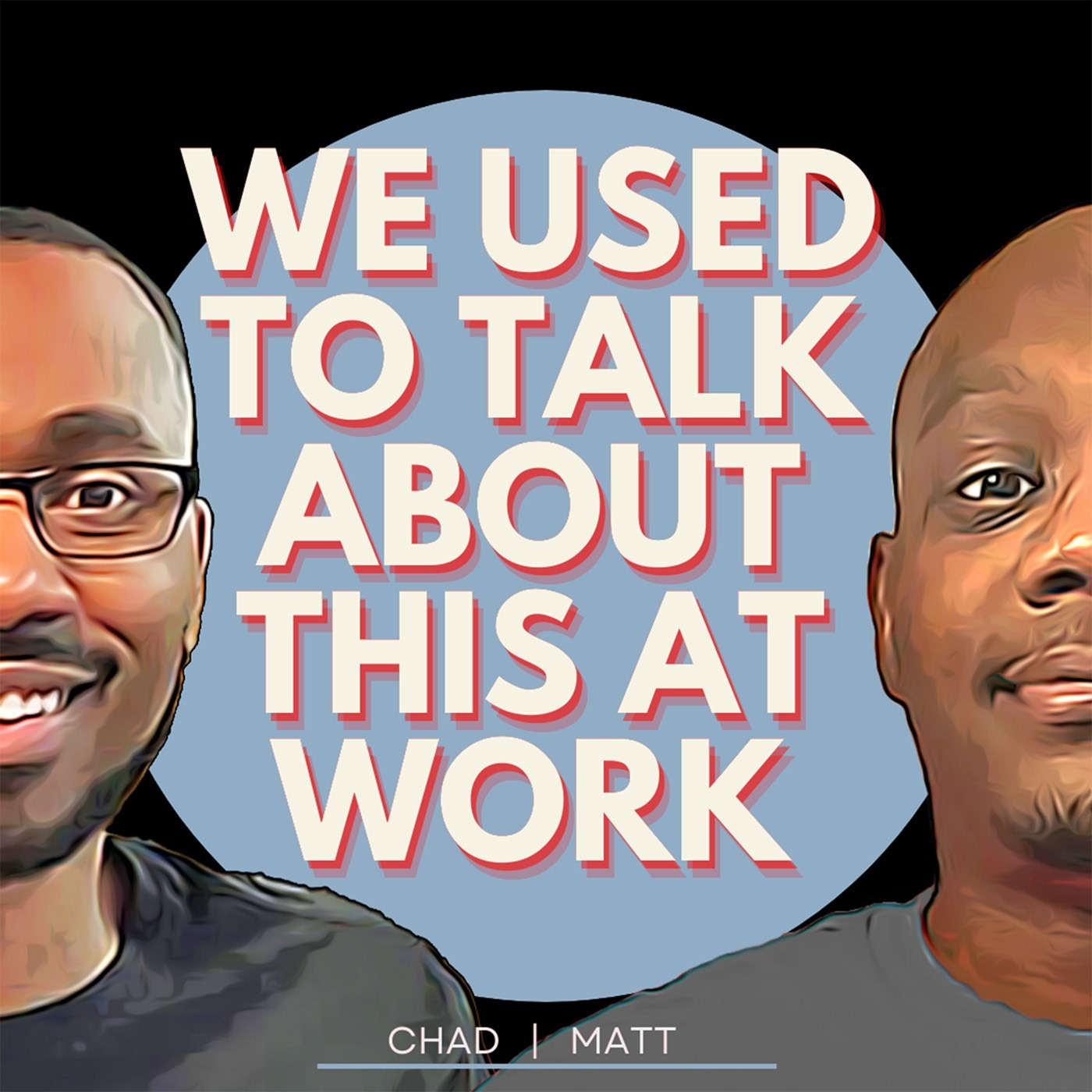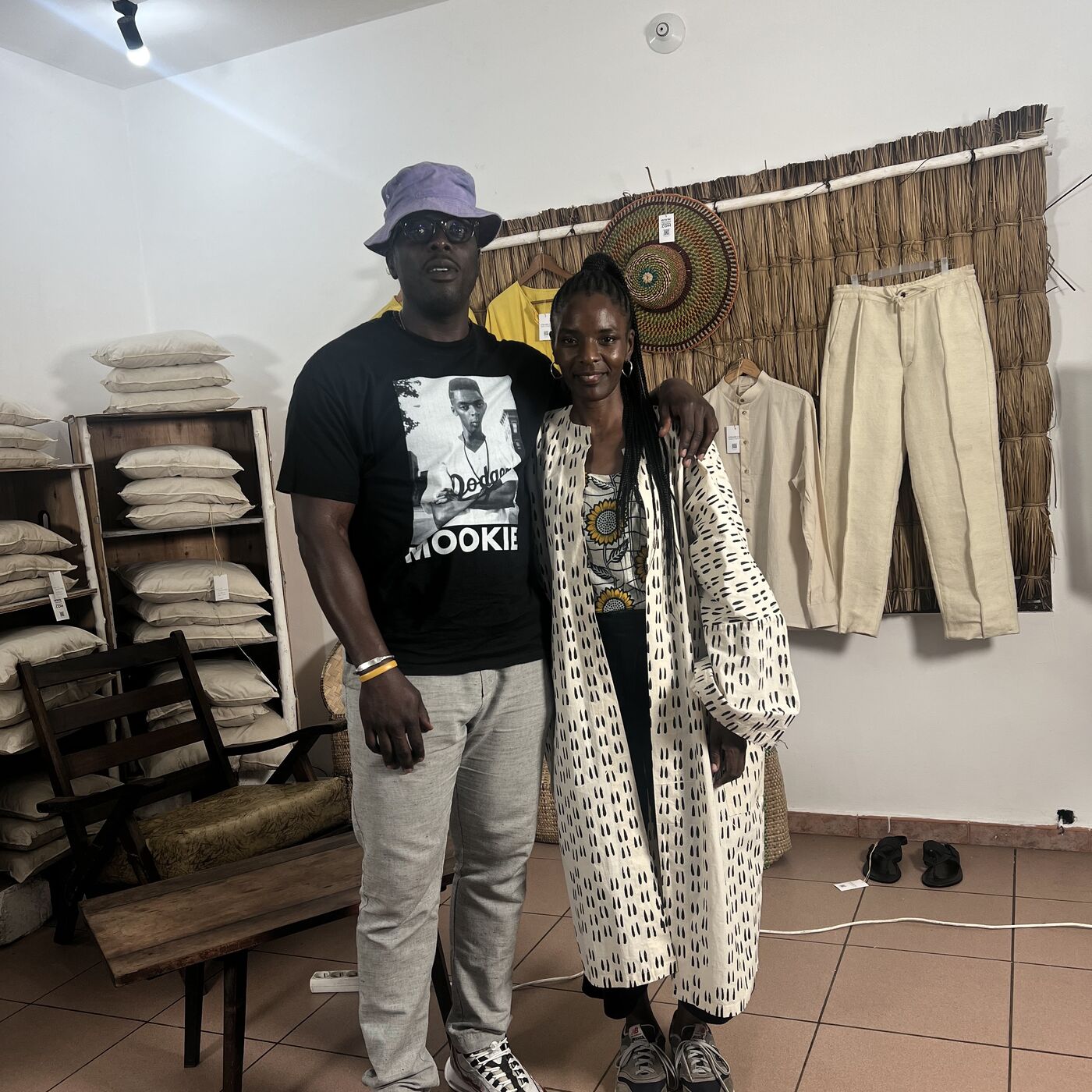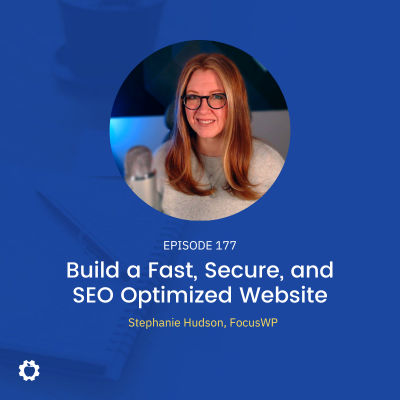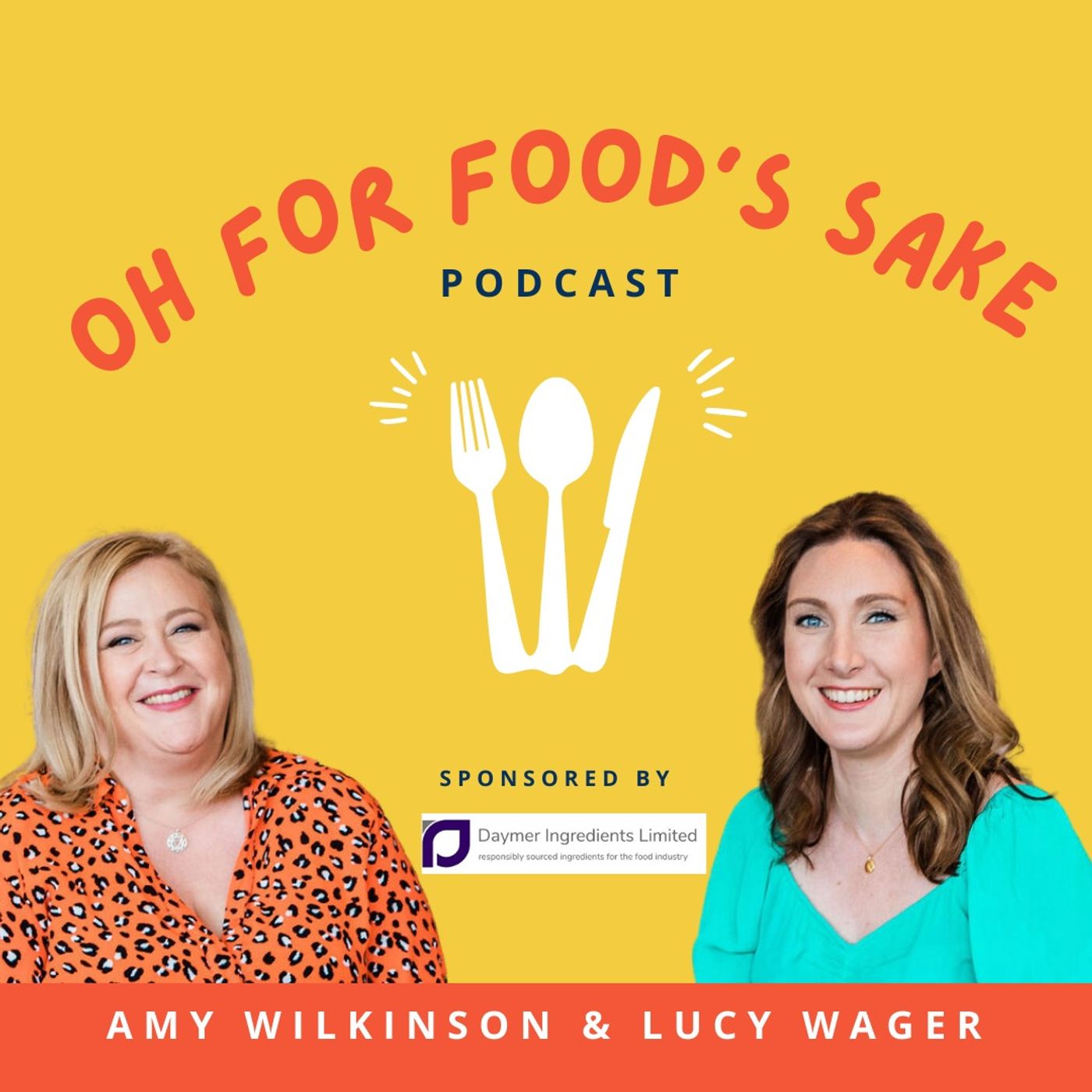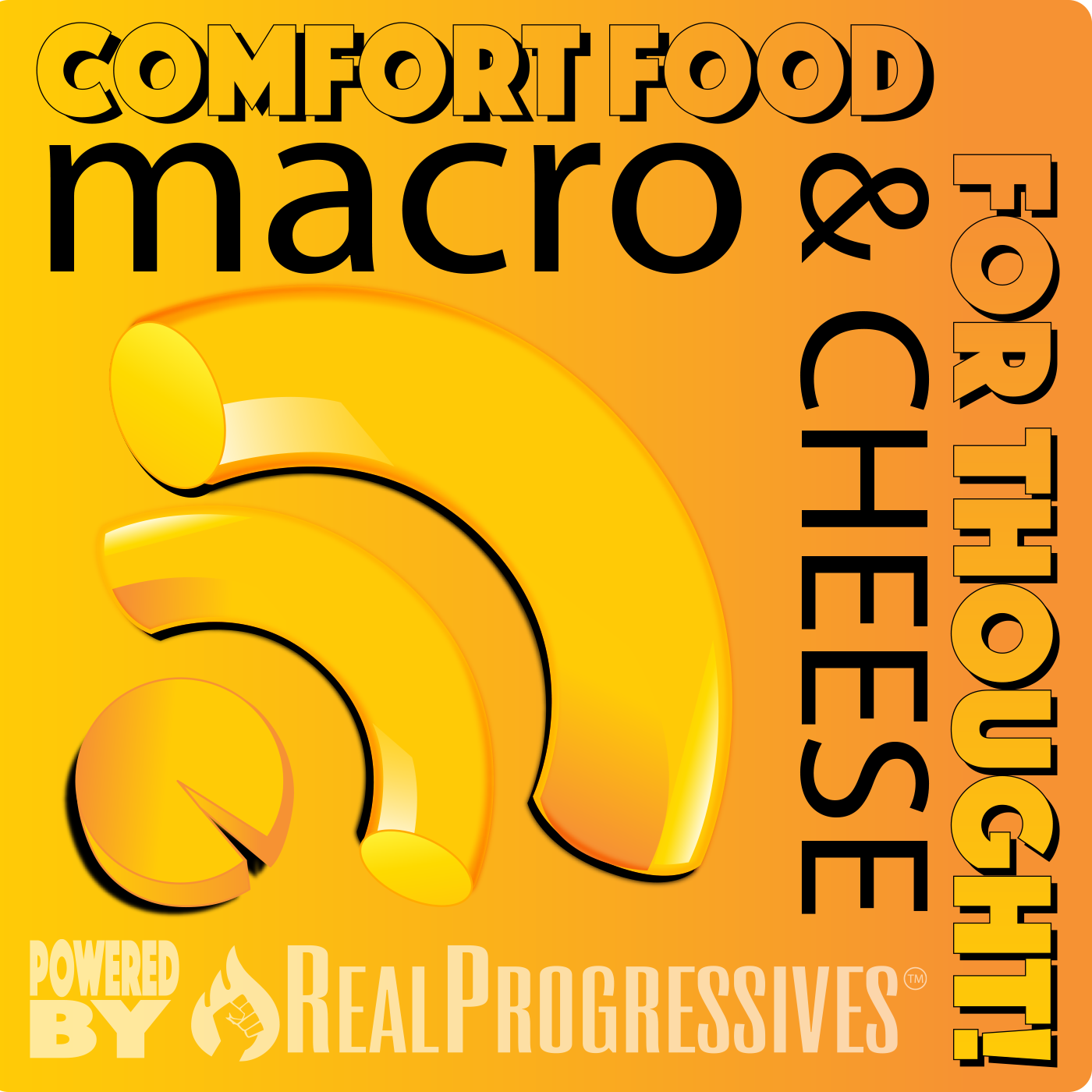Triggered! with Stephanie Preston
Activists and organizers know that effective communication depends on connecting with people’s real needs. But we’re often baffled when people don’t act in their own interests or don’t identify others’ interests as intersecting with their own.To grapple with some of these questions, Steve turns to Stephanie Preston, Professor of Psychology at the University of Michigan and author of The Altruistic Urge: Why We’re Driven to Help Others. They delve into in-group versus out-group dynamics and the challenges of creating altruistic urges within different socioeconomic groups.
The conversation explores structural solutions to address societal issues, such as universal basic needs and improved access to healthcare. Stephanie argues that eradicating precarity and providing basic survival needs would shift the mindset towards seeing individuals as deserving of support and compassion.
Of course, there’s still the question of achieving these solutions. That’s where our activism comes in. For some of us, this episode may raise new questions. How do we level up to meet large scale problems? Does building empathy have a place in political organizing? Does altruism?*****Stephanie D. Preston is a Professor of Psychology at the University of Michigan. She earned Master’s and PhD degrees in behavioral neuroscience at the University of California at Berkeley, followed by a postdoctoral fellowship in the Department of Neurology at the University of Iowa College of Medicine. She has been a faculty member at U-M since 2005. She uses an interdisciplinary approach to examine how the brain evolved to guide decisions through emotions, in a variety of domains, including to feel empathy, offer altruistic help, support the environment, and to consume and keep material goods. Her book, The Altruistic Urge: Why We Are Driven to Help Others (2022), is published by Columbia University Press.
@prestostwit on Twitter
